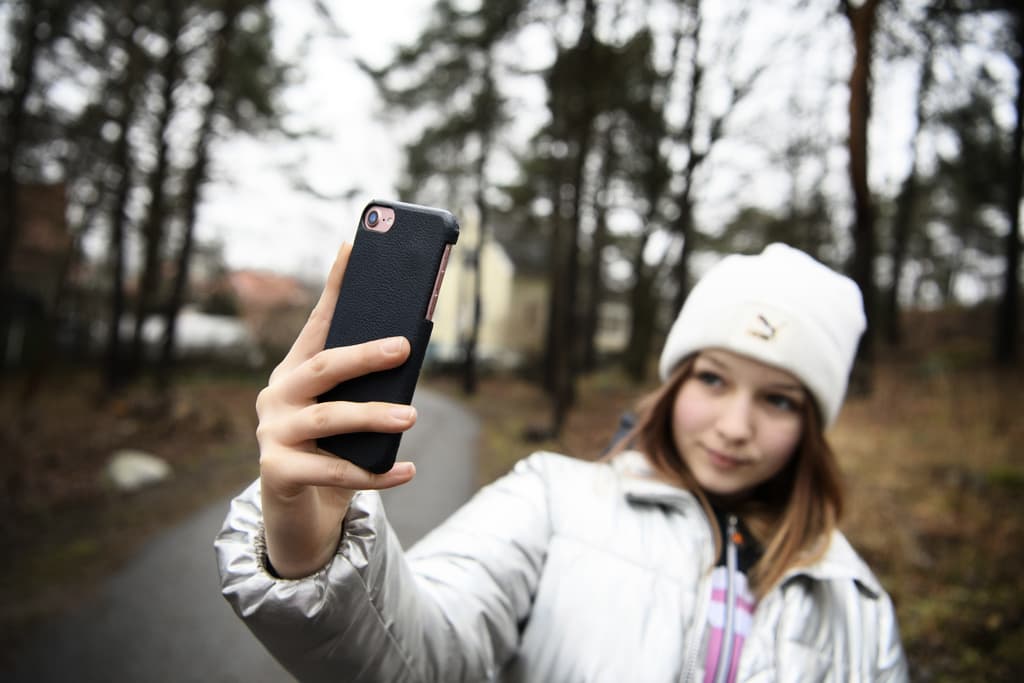It is the first time that the Public Health Agency presents recommendations for screen time, and this is what they look like:
Children under two years old should not use screens at all.
Children between two and five years old should use screens for a maximum of one hour per day.
For children between six and twelve years old, the recommendation is a maximum of one to two hours.
While teenagers between 13-18 years old should have a maximum of two to three hours.
A general recommendation is also not to use screens before bedtime.
Different results in studies
The time limits are based partly on research and partly on how much time children and young people need to spend on other things to feel good.
Research cannot say that it is exactly one hour or two hours. In some studies, you see negative effects after half an hour of screen use, in others after three and a half hours, says Helena Frielingsdorf, investigator at the Public Health Agency.
It also depends on how life looks in general, how you feel and exercise, she emphasizes.
We have taken a mix of the range that research shows and what other things you need to develop to feel good, says Frielingsdorf.
Swedish 13-16-year-olds spend an average of 6.5 hours per day on their screens – and thus need to more than halve their screen time.
Children and young people themselves say that they use screens much more than they would like. Then it requires that we give them support to make healthy choices, says Jakob Forssmed.
The reason this is perceived as harsh or dramatic is that the situation is dramatic. That young people sit for an average of 6.5 hours per day outside of school hours, that is completely unreasonable.
"Have a dialogue"
Is it harmful to have more screen time than this?
It doesn't have to be, but it can be. We know that with more screen time, there are increased risks for both mental and physical ill-health, says Forssmed.
Helena Frielingsdorf says that on single occasions, such as during the Olympic Games or Melodifestival, you can exceed the limits.
Should parents set time limits for different apps or take away their children's mobile phones?
We recommend having a dialogue and agreeing on screen rules that everyone understands, says Frielingsdorf.
The Public Health Agency also urges tech companies to reduce the risk of children and young people getting stuck on screens.
I expect it to have an effect. If further regulation is needed, it needs to happen at the European level, says Forssmed.
+ The recommendations concern leisure-time use, such as social media, video clips, movies, TV and computer games.
+ However, music listening, podcasts, e-books, and school-related screen use are not included in the time limits.
The new recommendations come after the government gave the Public Health Agency this task in May last year.






